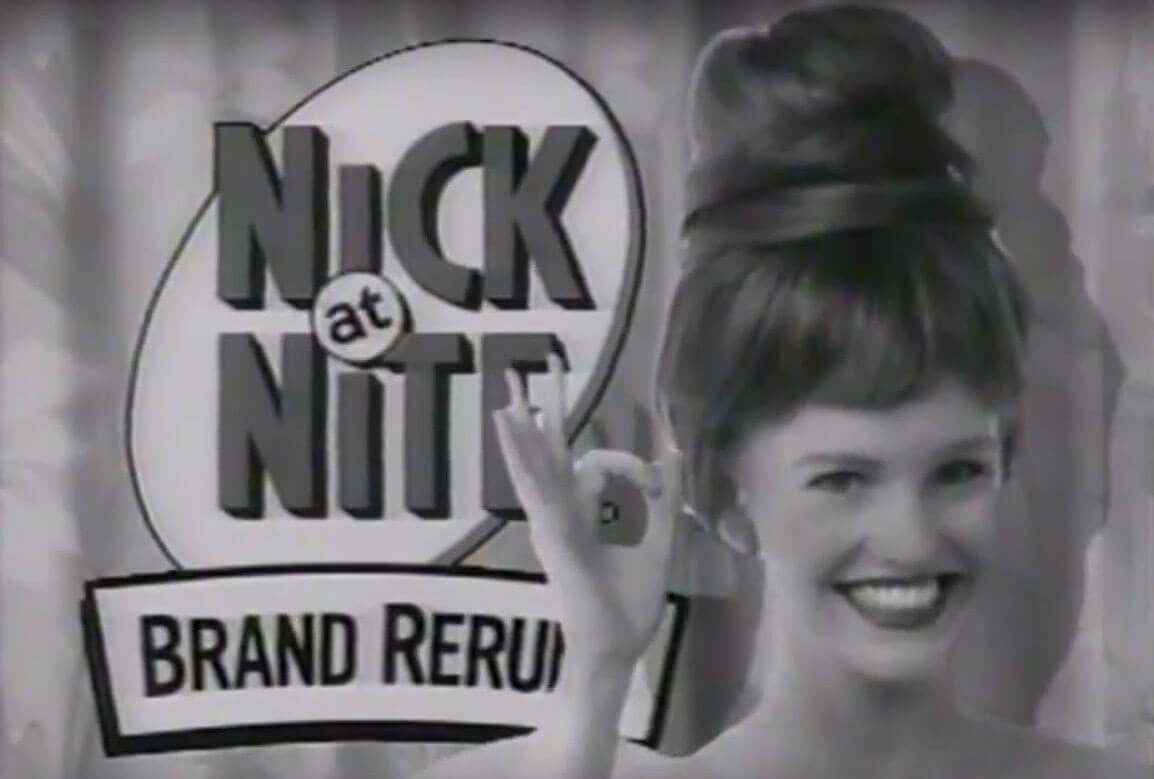A little bit late this week, but I’ve moved on to the more dramatic, with one of my favorite ballads of Robert Service, the great Canadian poet of the Yukon and WWI. A lone surviving soldier, surrounded by spear-weilding warriors, is ordered to, ‘Deny your God’. If he does, he will be set free. If not, death. As before, the words are below, followed by a bit about Robert Service. This project is in honor of the recent 20th anniversary of my 1998 Appalachian Trail hike, during which I recited Service on many occasions around a fire. Many thanks to ecfike on Freesound.org for the campfire and crickets.
The Lines
Display/hide the lines
‘Deny your God! ‘ they ringed me with their spears;
Blood-crazed were they, and reeking from the strife;
Hell-hot their hate, and venom-fanged their sneers,
And one man spat on me and nursed a knife.
And there was I, sore wounded and alone,
I, the last living of my slaughtered band.
Oh sinister the sky, and cold as stone!
In one red laugh of horror reeled the land.
And dazed and desperate I faced their spears,
And like a flame out-leaped that naked knife,
And like a serpent stung their bitter jeers:
‘Deny your God, and we will give you life.’Deny my God! Oh life was very sweet!
And it is hard in youth and hope to die;
And there my comrades dear lay at my feet,
And in that blear of blood soon must I lie.
And yet… I almost laughed – it seemed so odd,
For long and long had I not vainly tried
To reason out and body forth my God,
And prayed for light, and doubted – and denied:
Denied the Being I could not conceive,
Denied a life-to-be beyond the grave….
And now they ask me, who do not believe,
Just to deny, to voice my doubt, to save
This life of mine that sings so in the sun,
The bloom of youth yet red upon my cheek,
My only life! – O fools! ’tis easy done,
I will deny… and yet I do not speak.‘Deny your God! ‘ their spears are all agleam,
And I can see their eyes with blood-lust shine;
Their snarling voices shrill into a scream,
And, mad to slay, they quiver for the sign.
Deny my God! yes, I could do it well;
Yet if I did, what of my race, my name?
How they would spit on me, these dogs of hell!
Spurn me, and put on me the brand of shame.
A white man’s honour! what of that, I say?
Shall these black curs cry ‘Coward’ in my face?
They who would perish for their gods of clay –
Shall I defile my country and my race?
My country! what’s my country to me now?
Soldier of Fortune, free and far I roam;
All men are brothers in my heart, I vow;
The wide and wondrous world is all my home.My country! reverent of her splendid Dead,
Her heroes proud, her martyrs pierced with pain:
For me her puissant blood was vainly shed;
For me her drums of battle beat in vain,
And free I fare, half-heedless of her fate:
No faith, no flag I owe – then why not seek
This last loop-hole of life? Why hesitate?
I will deny… and yet I do not speak.‘Deny your God! ‘ their spears are poised on high,
And tense and terrible they wait the word;
And dark and darker glooms the dreary sky,
And in that hush of horror no thing stirred.
Then, through the ringing terror and sheer hate
Leaped there a vision to me – Oh, how far!
A face, Her face… through all my stormy fate
A joy, a strength, a glory and a star.Beneath the pines, where lonely camp-fires gleam,
In seas forlorn, amid the deserts drear,
How I had gladdened to that face of dream!
And never, never had it seemed so dear.
O silken hair that veils the sunny brow!
O eyes of grey, so tender and so true!
O lips of smiling sweetness! must I now
For ever and for ever go from you?
Ah, yes, I must… for if I do this thing,
How can I look into your face again?
Knowing you think me more than half a king,
I with my craven heart, my honour slain.No! no! my mind’s made up. I gaze above,
Into that sky insensate as a stone;
Not for my creed, my country, but my Love
Will I stand up and meet my death alone.
Then though it be to utter dark I sink,
The God that dwells in me is not denied;
‘Best’ triumphs over ‘Beast’, – and so I think
Humanity itself is glorified….‘And now, my butchers, I embrace my fate.
Come! let my heart’s blood slake the thirsty sod.
Curst be the life you offer! Glut your hate!
Strike! Strike, you dogs! I’ll not deny my God.’I saw the spears that seemed a-leap to slay,
All quiver earthward at the headman’s nod;
And in a daze of dream I heard him say:
‘Go, set him free who serves so well his God! ‘
Meeting Jean Deszpre
I first heard Robert Service’s poetry during a camping trip with my uncle when I was 14 or so. We were listening to various music while driving to the mountains in the border between North and South Carolina, Panthertown and Highlands and Standing Indian Mountain and what-not, and my uncle was playing music during our trips in his pick-up between hikes and camping spots. That trip, though only three days long, would become a pivot-point of my early teens. I discovered the Appalachian Mountains, which I was to spend over six months hiking years later, and I discovered some of the music that would be the centre of my teenage musical development, including The Ghosts that Haunt Me by the Crash Test Dummies and War War War by Country Joe McDonald, a collection of Robert Service’s WWI poetry set to modest folk music.
Among those tunes was Jean Desprez, a ballad about a confrontation between a Prussian army unit and a French village of indeterminate location. A Captain orders the routing of the village after a shot (from somewhere) kills his trumpeter, and they execute 10 peasant men against the wall of the village church in retribution. A wounded Zouave sees this injustice, shoots the Captain responsible, and is dragged to the church and crucified against the church door with bayonets under the orders of a Prussian major, who laughs at the man’s suffering.
Zouaves are named loosely after North African tribesmen who composed the first French Zouave units, and from the artwork of the day, it can be inferred that they were often swarthy and bearded, and thus you can see the illusion to the figure of a swarthy, bearded Christ. Well, like the Jesus of the biblical tale, the Zouave calls out for water, but none among the terrified villagers dares bring him a drink, except…
‘But mid the white-faced villagers who cowered in horror by,
Was one who saw the woeful sight, who heard the woeful cry:
“Water! One little drop, I beg! For love of Christ who died. . . .”
It was the little Jean Desprez who turned and stole aside;
It was the little bare-foot boy who came with cup abrim
And walked up to the dying man, and gave the drink to him.’
As can be imagined, the devilishly depicted German Major is none too pleased by this act of defiance, and is tempted to shoot the boy. But he has a devilishly demented German idea and decides, instead, to put the kid before the crucified and dying Zouave with a rifle, with instructions to shoot the man and save his own life or be shot himself. The Major fancies that, if the kid goes through with it, he’ll be condemned as a collaborator for the rest of his life (and after WWII can’t you just see it?). The Zouave even pleads with the boy to just shoot him, ‘And I will murmur: Vive La France! and bless you ere I die.“’
It’s a breathtaking scene, not least because it is a presumably swarthy and bearded foreigner who displays such nobility of character, a rarity for Western-centric stories of the day (and perhaps an allusion to the man’s status as Christ, but more likely a little clue – I think – that Service was not racist as he is sometimes obtusely accused, at least not overtly. I won’t spoil the ending for you, as it’s a doozy.
Back to my uncle’s pickup truck, the cool smell of black mountain soil through the window, listening to this for the first time. I was rapt, amazed by this poem and the themes of war and danger and manhood foisted upon this little French boy. Though an anti-war song, the poem – and Robert Service in general – is applicable to just about any viewpoint (indeed Service was also a favorite of Ronald Reagan), and it fueled my later desire to join the military in the WWII-themed haze I was in, and which much of the USA is still in. Eventually, I joined the USMC and was stationed in Hawaii, where I ordered a copy of the complete works of Robert Service at a Borders Books in Ala Moana, and memorized the Jean Desprez ballad, which I would later recite around the campfire during my 1998 Appalachian Trail adventure.
“The God that dwells in me…”
For this recording, however, I chose a different Service poem, called Soldier of Fortune. Jean Desprez is exciting, but is pretty obviously war propaganda (I always imagined it taking place during the Franco-Prussian War, one of many Revanchist touchstones of a France possessed by victimhood at Germany’s hands). The Prussians are cartoonishly evil, and though I cannot say such things didn’t happen, I wonder how Napoleon’s men treated those they invaded. Service’s politics and beliefs are implied to have been much more nuanced than the straight bad-guys and heroes of this story, and the more-blatant-than-thou Christian overtones therein.
I’ve also had enough of crucifixion-fixation in Christianity. I’m far more interested in the liberation and hope elements present in the Jesus story than in what I see as making a fetish of the cruciform, and I agree with the sentiment that if Jesus were executed today, his cruciform-fixated followers would be wearing little gold-plated electric chairs (as an aside, people who do play-by-play depictions of the obvious differences in severity between dying on a cross vs. in an electric chair are missing the point of the comparison, but I digress).
Soldier of Fortune is a ballad far more applicable to a wider range of people of different political and racial and social make-ups than Jean Desprez (a notion I only considered, incidentally, the first time I recited Jean Desprez to a group of actual Western Europeans at the foot of the great fortress of Carcassonne, none of whom were German and most of whom were very polite if unimpressed). I think Soldier of Fortune would be more appropriately titled ‘Deny Your God’, as this seems to be the central ponderable of the tale, which you have, presumably, already read and/or listened to above.
It is, hands down, my favorite Service, above such popular titles as The Shooting of Dan McGrew or The Cremation of Sam McGee. These are good poems in their own right, but from his ‘Yukon’ period and not really as riveting. I once acted Soldier of Fortune for a drama class (the prep notes from that recitation are still penciled into the collection I used for this week’s project) and as I hammered out the emotions I wanted in each part of the poem, I could feel the narrator’s desperation, his nail-biting indecision, and his reckless, somewhat suicidal realization. This poem has teeth.
Battle of Isandlwana
Incidentally, you may be thinking (as I always have) that this scenario – a vaguely British narrator surrounded by vaguely African captors armed with spears – sounds unlikely. How could a group of colonial soldiers armed with guns and perhaps artillery be defeated and surrounded by men bearing spears? Well, not only did the Battle of Isandlwana during the Anglo-Zulu War of 1879 bear a striking resemblance to the events of Soldier of Fortune, I think they directly inspired it. The Zulu force at Isandlwana was still operating under the principles set by Shaka Zulu before his death, that being that European firearms were effective until you had to reload, and then you could be easily overwhelmed by soldiers hurling spears, so the Zulu force that day was mostly armed with spears (as in the poem) and it worked out pretty well for them, all told.
What is more, there are accounts of desperate last stands (or last runs) by many of the British soldiers, including that of Lieutenants Melvill and Coghill (pictured above) who ‘saved the Queen’s colors’ by fleeing on horseback (and leaving their men on foot to be slaughtered), only to be killed while crossing a river. The corpses of both men were awarded the Victoria Cross afterwards, in what, to me, amounts to a couple of fools leaving their comrades to save a damn flag (or, most likely, themselves, though I could be wrong about this). Priorities, priorities…. I can almost imagine the Zulu warriors who killed the Lieutenants asking them to ‘Deny Your God’, and the flag wielding men shouting ‘For God and Queen Victoria!’ or some such before their innards were introduced to Zulu iklwa, shorter, close-quarter combat spears.
What really clinches it, though, are references in Soldier of Fortune to the sky being ‘sinister’ and ‘cold as stone’ and how ‘…dark and darker glooms the dreary sky, and in that hush of horror no thing stirred.’ It just so happens that, at the time of the climax of the Battle of Isandlwana, a solar eclipse occurred, casting the entire battle in darkness, and an eyewitness confirmed that, after, all the gunfire stopped, bringing a haunting silence over the battlefield.
I don’t think that can be a coincidence! And can’t you just imagine that a small contingent of the main British force, isolated by the chaos, was slaughtered, and a somewhat curious-minded Zulu leader decided to find out just what the last standing soldier was really made of?
The poem takes you along on the narrator’s internal struggle, including his racist, colonial perception of the ‘black curs’ who have surrounded him, ‘those who would perish for their gods of clay’, and their role in his own internal struggle over ‘the God that dwells in me’. I said above that I don’t think Service was an overt racist. I suspect he was like the rest of us, unconsciously racist and aware of it this to some degree. Service used racial slurs in many poems, as part of creating verse for the common man. He used the gruff, colloquial speech of common people, whose bigotry I forgive more than that of the well-educated and privileged. More often than not, his ethnic characters turned out to be as human and nuanced as any of the presumably white protagonists, though only serving as background for them.
Fanfare for the Common Man
Despite Service’s literary acumen and his eventual financial success and his homes in Paris, Lancieux, and Monaco, he still changed out of his fancy duds and put on his old clothes to go out in the evening, as another great bard said:
“Laying low, seeking out the poorer quarters, where the ragged people go
Looking for the places only they would know”
…and Service listened to them, watched their lives play out, and used those scenes in his fiction. Within my personal mythology, Service remains what Johnny Cash called ‘a singer of songs’, a bard on the level of Whitman, Thoreau, Muir, Kerouac, and many others I’ll not mention here, who dreamed of a United States (and a somewhat transcendentalist vision of God) that never quite came to be the popular one. The narrator’s conception of God in Soldier of Fortune has, in many ways, become my own, a mythological construction, a personal and very human link to the infinite, whose mythical status makes it no less real or relevant than people who conceive God in purely faith-oriented terms (many of them gun-to-the-head cruciform fetishists who insist, without the irony of the ‘black curs’, that you either accept their testimony as entirely and immutably true or go to hell).
But that’s me. You’ll make of Soldier of Fortune what you will, and it’ll be no more or less valid than my own interpretation. The recording actually went fairly quick, as it was done directly after the Macbeth witches of last week’s post, a welcome relief to the throat-killing croaks and screeches of the medieval Scottish nether-world.
For your listening pleasure, as always for those who come to my blog and spend their valuable time reading my weekly wanderings and listening to my audible adventures, here’s a little extra from Robert Service, my second favorite poem of his, The Wanderlust.
The complete poems of Robert Service are in the Public Domain, and are available from the wonderful website Archive.org.
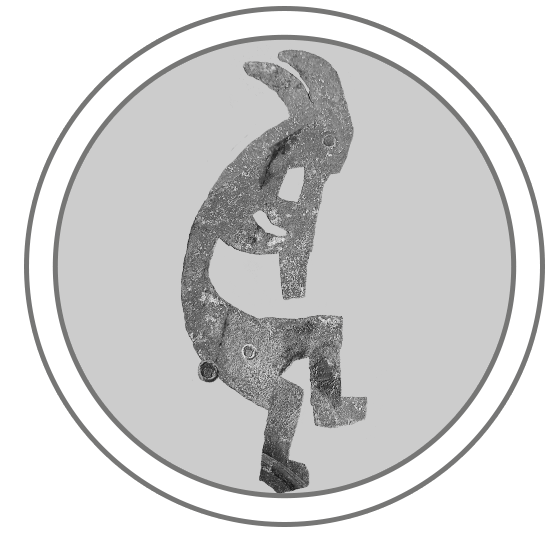
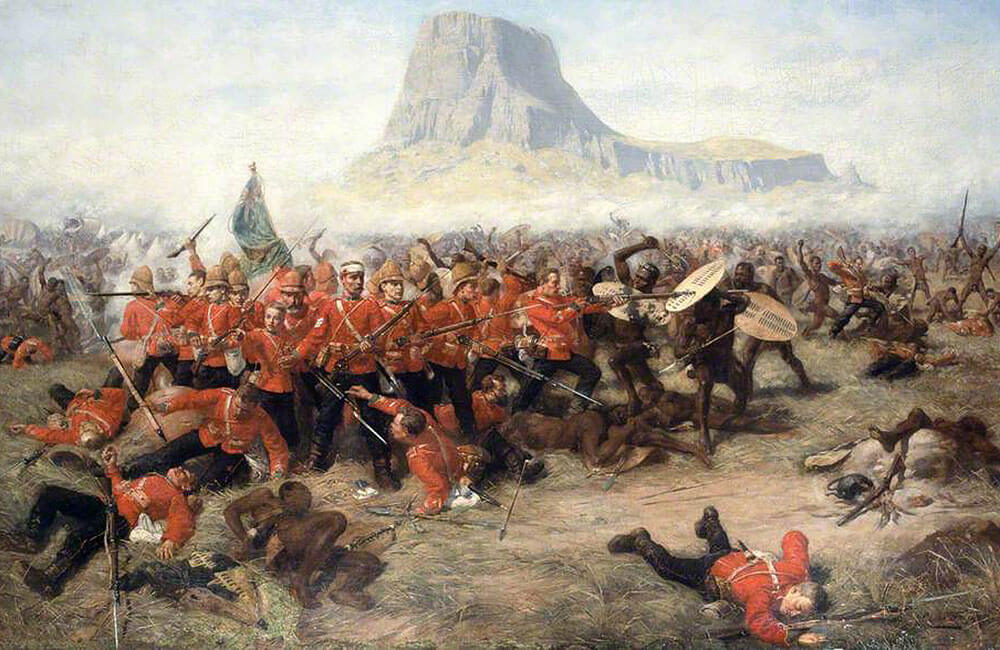
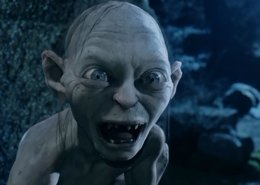

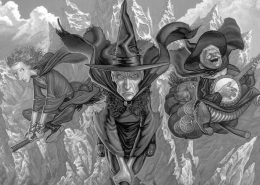
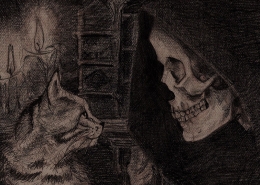
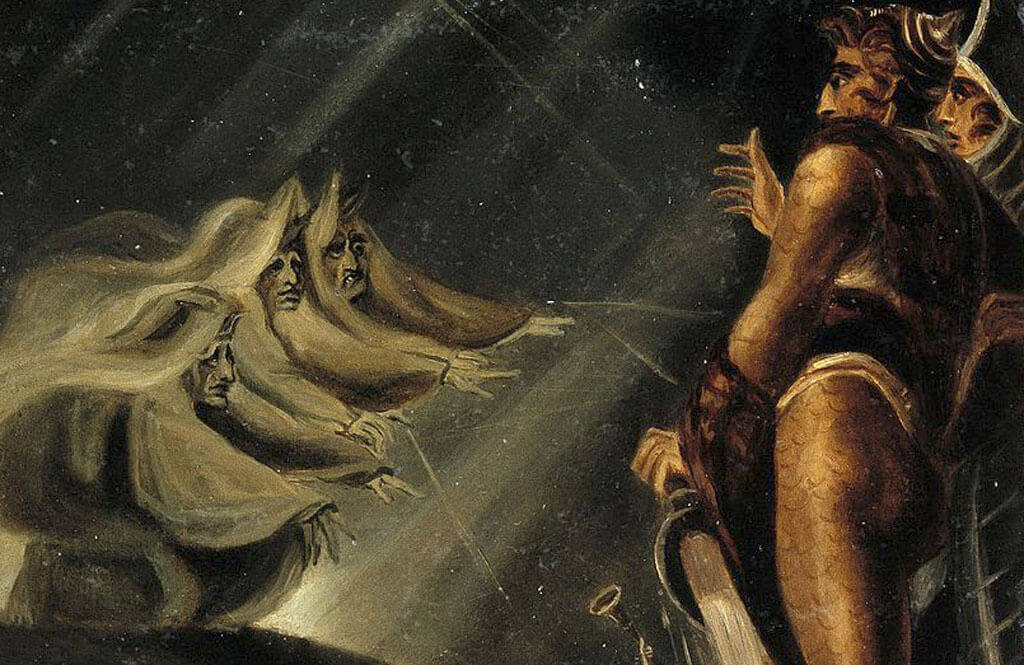 Public Domain, from Wikimedia Commons
Public Domain, from Wikimedia Commons